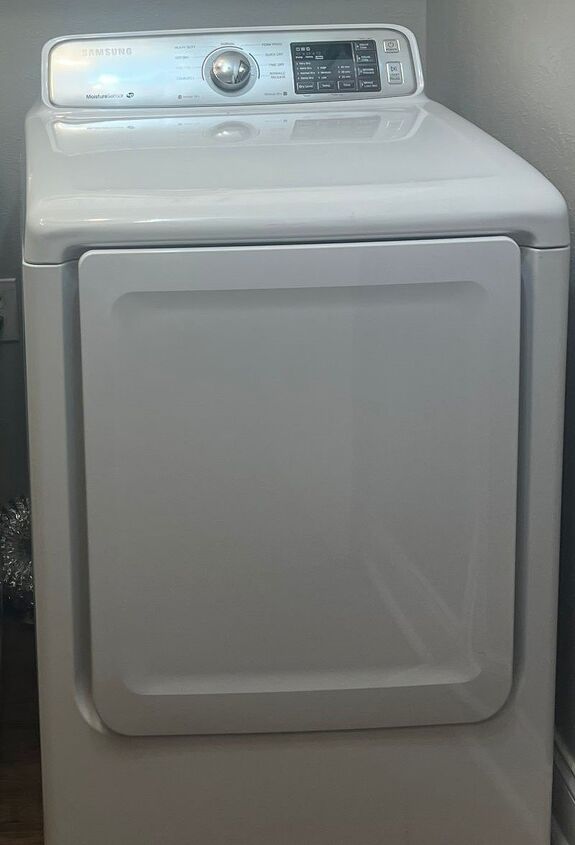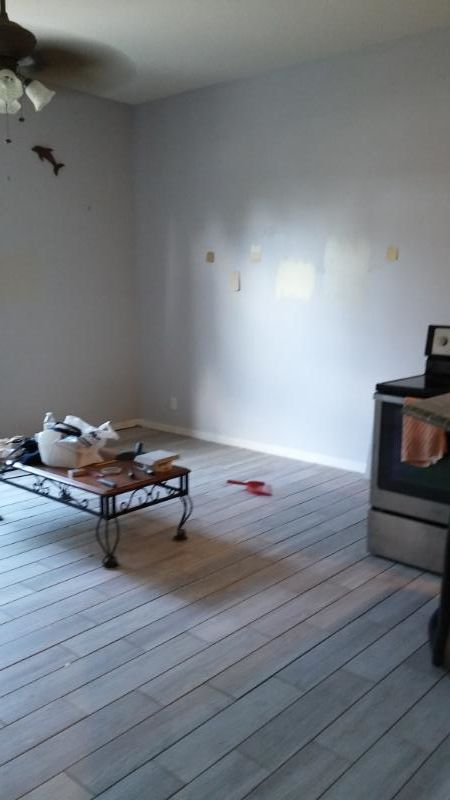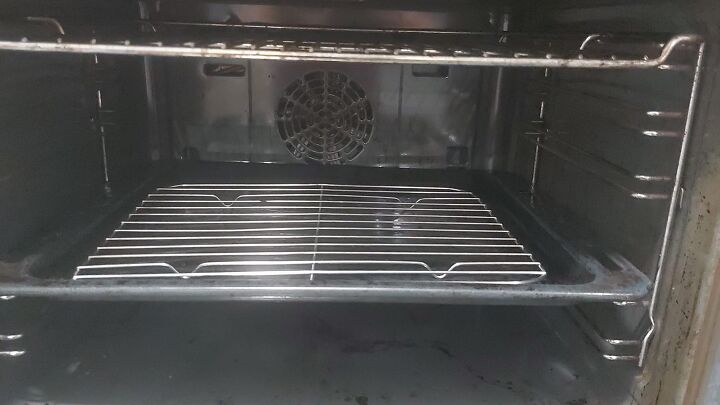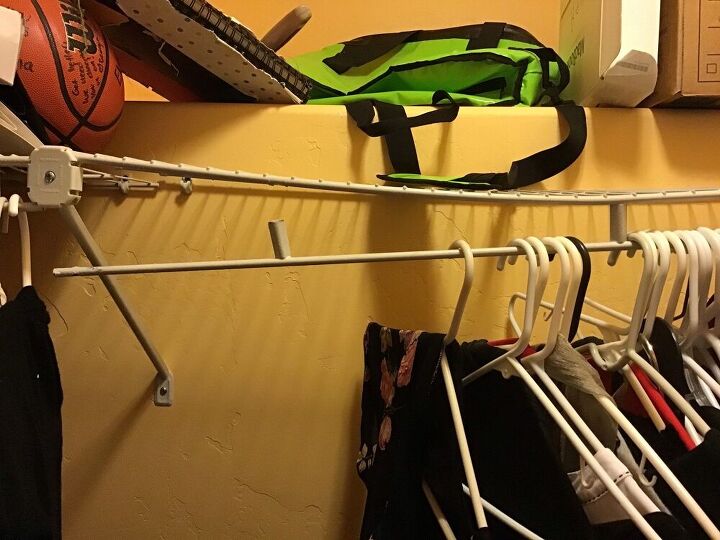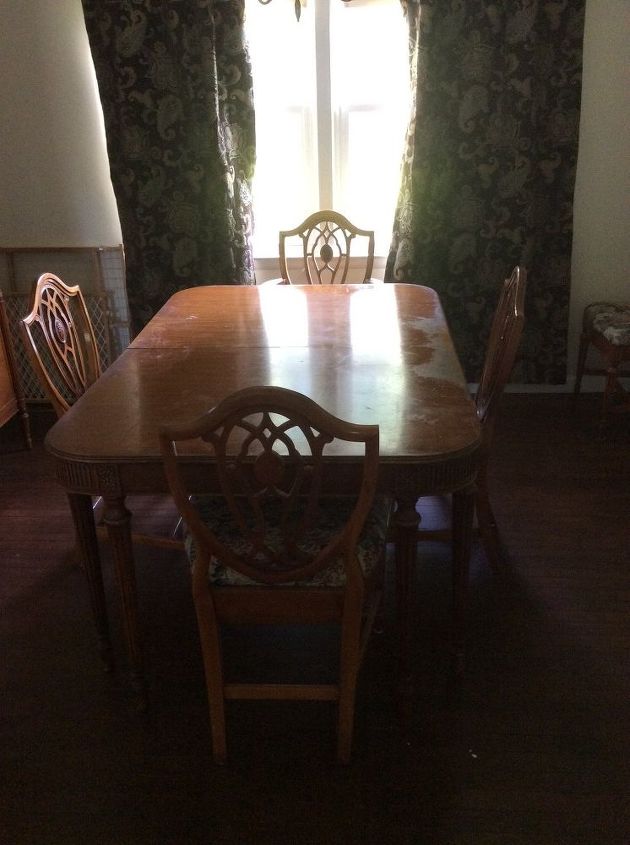Stand-by home generator
-
More important in my book would be sizing and fuel source. Sizing is determined by what devices you are hoping to serve with the generator. The simple task of running a few lights and the fridge, can be done with a relatively small unit. The small ultra quiet Honda's are great for not being obnoxious with the NOISE. If you hope to continue on with AC and a house full or other devices you will need a much larger and powerful unit. When you get into these larger units nearly all of these are liquid cooled, like your car's engine. Fuel cost, storage or delivery play a bigger role as these bigger machines need lots more fuel. Diesel units are efficient but fuel storage is more of an issue. Natural Gas or Propane are very handy provided you have a source already on site.
 KMS Woodworks
on May 25, 2013
Helpful Reply
KMS Woodworks
on May 25, 2013
Helpful Reply -
-
Thank you for the suggestions but this doesn't answer my question because there are maintenance, reliability, "life expectancy" and noise issues as well as how our southern heat and humidity might affect an air cooled unit. We are concerned that the ambient heat will not allow the generator to adequately cool itself. Most people we know have liquid cooled units because of the noise issue and we are told they last 4-5 times longer than air cooled generators. Our home is rated for a 20-22 kw unit which means we could opt for either unit although operating on natural gas knocks 2 kw's off any generator's rating. But we don't expect to be turning on everything electric after a storm so 18 kw's is ok.
 John Billodeaux
on May 26, 2013
Helpful Reply
John Billodeaux
on May 26, 2013
Helpful Reply -
-
@KMS Woodworks nailed it - More power equals larger engine which means more heat, thus liquid sounds like it would be best in your situation now that you have mentioned what size you need. With that you still need adequate space around the unit to allow air through the radiator
 SLS Construction & Building Solutions LLC
on May 26, 2013
Helpful Reply
SLS Construction & Building Solutions LLC
on May 26, 2013
Helpful Reply -
-
Stick with a liquid cooled unit. Natural or propane gas fired not gasoline. Better quality units are pretty quiet and the liquid cooled ones are less noisy. You also said your home is rated for a 20-22kw size. This is a pretty big one. Are you sure you need all that power? Propane and natural gas units will eat a lot of fuel when sized that large. You may want to reconsider what you really need to power up and down size this a bit more then what you think you need. Your electrical contractor should be able to pull some of the branch wiring off of the main panel and install them in another separate panel with a transfer switch. This is less expensive then trying to power the entire home as well. Even if you decide on a liquid cooled unit, you need to install this if possible on a cooler side of the home in a shady spot. We have installed these units in the past several feet away from the house near gardens and even under larger trees that had picket fence and shrubs surrounding it. This goes a long way in keeping the unit cooler as well as reducing the sound. Remember the house wall acts as a sounding board and reflects more noise making it appear louder. If you live in a area with larger storms then stay away from larger trees or it may come down onto the unit when you really need it. Lastly the system needs to be exercised on occasion. Meaning it does need to be turned on for several minutes every few weeks to keep the lubrication oils on everything inside the unit to prevent rusting etc. It needs to run long enough to boil out any moisture that has condensed into the metal parts within the engine. So at least 15 min per month should be done. It can be left off line while running.
 Woodbridge Environmental Tiptophouse.com
on May 26, 2013
Helpful Reply
Woodbridge Environmental Tiptophouse.com
on May 26, 2013
Helpful Reply -
-
20 KW seems incredibly huge to me...My electric usage runs about 500 KWH per month. factor that down to a "per hour" average and its about 700 watts. My fridge uses about 150 watts when running. The fridge runs about 20 minutes per hour...so averaged out about 50 watts per hour. Aside from the fridge not to many things in a home would "need" to be used during an outage. The far bulk of the planet's tropical locations are not equipped with AC. A few years back we spent a week on an offshore island in Venezuela. It was humid and ran from 90 to 100 degrees, A simple ceiling fan provided plenty of comfort, that an occasional caipirinha, (tho in Venuezula they spell it with a K)
 KMS Woodworks
on May 26, 2013
Helpful Reply
KMS Woodworks
on May 26, 2013
Helpful Reply -
-
Thanks everyone. We've lived (and suffered) through enough non-air conditioned days following hurricanes and outages due to power drawdowns. I guess one has to live in this part of the country to understand how miserable it can be with no air conditioning; a side of beef and thirty pounds of shrimp and fish rotting in the freezer; hot beer in the frig; and trying to sleep in a bed soaked with sweat. Ceiling fans (we have eleven) only move hot, humid air. Stand-by home generators are affordable and practical. Relying on the information we've been able to gather on this site with your responses and from others we've talked with, we have decided to install a 22 kw liquid cooled Generac with a 200 amp panel. Sorry, no picket fence, but we will plant shrubs to hide the unit and will have an I-beam frame built over it to protect it from any falling trees. Many thanks.
 John Billodeaux
on May 26, 2013
Helpful Reply
John Billodeaux
on May 26, 2013
Helpful Reply -
-
Well you had me at warm beer. The big trick to keep it quite is to stay away from the house if you can. Your correct the standby generators have come down in price. If your running on propane, be sure to have a big enough tank to operate it. Those size units tear through a lot of gas in short order.
 Woodbridge Environmental Tiptophouse.com
on May 27, 2013
Helpful Reply
Woodbridge Environmental Tiptophouse.com
on May 27, 2013
Helpful Reply -
-
I second the cold beer, I picked up an additional pair of solar panels and another storage battery for our cabin late last year. I hope to get them installed in our small off grid cabin later this summer. With the extra "generation" and storage I hoping our 12 Volt "electric" cooler will keep me from having to make an ice run every three days for our summer visits. During the winter the beer is plenty cold due to mother nature and our outdoor cooler storage.
 KMS Woodworks
on May 27, 2013
Helpful Reply
KMS Woodworks
on May 27, 2013
Helpful Reply -
Related Discussions
How do I diagnose a problem with a Generac Watchdog home generator?
starts, runs approx 10 sec, then stops.
Would you rather wash and fold laundry or clean the dishes?
Given the choice, would you prefer washing the dishes or doing laundry? Share your preferences and insights!
Need help picking a paint color to match my tile
The tile is gray/white with a hint of beige and looks like wood.The kitchen counters are Baltic beige and cabinets are dark wood as well
How is it really spelled?
Hi, I may be way off base, and if so, I apologize in advance, but I have heard many references to "Fir", the type of wood, with regards to kitchen walls and soffits, ... See more
Why does my oven smell when turned on?
Hi all,Lately, my oven emits an unpleasant smell whenever I turn it on. The kitchen then smells and the foul odor lingers, it's very frustrating.I'm sure I'm not alon... See more
How do I fix a broken metal hanging rod in my closet
I have a broken shelf hanging rod in my closet I tried gluing And taping it and nothing worked I need help and also the shelf is slightly bent
How to find out the value of antique furniture
My husband and I are looking to sell his grandmother's dining room set but, we have no idea what to ask for it. We could not find any markings as to who made it, all ... See more
